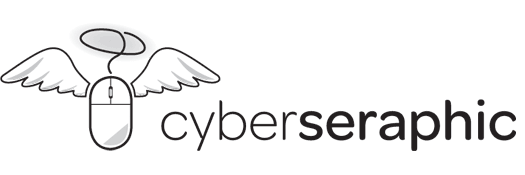The end of privacy
 The Wikileaks saga has cemented one thing in my mind: digital privacy is no longer probable (or maybe even possible), and the people of the future will just have to submit to being better PR managers for themselves and learn how to manage their digital persona. I don’t belong to Generation Y but I’ve completely immersed myself in the Internet and so I’m fairly comfortable with being the constant stream – some would say deluge – of information from tweets, blogs, feeds and other useless minutiae from people’s lives.
The Wikileaks saga has cemented one thing in my mind: digital privacy is no longer probable (or maybe even possible), and the people of the future will just have to submit to being better PR managers for themselves and learn how to manage their digital persona. I don’t belong to Generation Y but I’ve completely immersed myself in the Internet and so I’m fairly comfortable with being the constant stream – some would say deluge – of information from tweets, blogs, feeds and other useless minutiae from people’s lives.
Jenny, on the other hand, is an intensely private person and has never been comfortable with even having a Facebook account. She only signed up (or rather, got signed up by me) as a result of my pestering her about being able to put her in the “married to….” part of my profile, to which she very reluctantly agreed. She never touched it though, and I had to go in there and shut off every kind of notification, request, update, etc. After watching The Social Network though, she made me delete it.
I don’t claim any kind of noble reason for my digital openness – far from it in fact. As best as I can tell, my brain has developed in a way that I see life as a game, and one best played with perfect information. If you can’t be bothered clicking on the link, the term comes from a type of game described in the Game Theory branch of applied mathematics, where a player know all of the past moves made the other player(s). Wikipedia gives the example of Chess, where the board and the position of the pieces are known and visible to both players at all times.
I’m sure you have this problem: keeping an addressbook of your friends and family. When people keep moving around, and without significant effort and diligence you end up with way too many Christmas cards not received or returned (that’s right – if you didn’t get a Christmas card from me it’s your fault). My ideal state would be to have an addressbook where everybody owned and updated their own entry. Facebook is about the closest I’ve come to achieving this goal – not that it’s the best tool out there (Plaxo is good) – but because of the high rate of adoption amongst the laity.
But of course if you make your information publicly available then you have to deal with the troublemakers. People like telemarketers, thieves, stalkers and other unsavoury elements that seek to use your information for their own gain. For that reason (and especially at the insistence of my wife), my address details aren’t public, and I don’t usually mention things like our holidays until after the fact. I also actively maintain two separate and distinct e-mail addresses – you could even say separate personas. “zzyss” is my digital persona, my nickname in discussion forums, and a hotmail address. It’s also a magnet for spam, and despite having my junk mail filter settings turned to maximum I still have to contend with a number of messages from legitimate service providers (although I religiously opt-out and unsubscribe from all advertising, newsletters, notifications, alerts, etc. My preferred means of staying on top of things is via RSS feeds, but I won’t go into that here…)
Of course, those of you who know me will know that I also maintain a separate “personal” address on the same domain as this blog. That’s one of the great things about having your own domain name – I can create as many fake e-mail addresses as I like, and change them as necessary. For example a previous incarnation of this site used www1@cyberseraphic.com as the address for feedback and comments (this is in the days before blogging and comment features). Now I can post that address here with impunity without having to worry about being being found by a spambot crawling my site harvesting e-mail addresses, because I no longer use it.
Those are some of the techniques that I use in my digital life. I don’t fight against the elements that antagonise my privacy and try to expose me, and I get very little in the way of trouble in return. How public/private are you?
